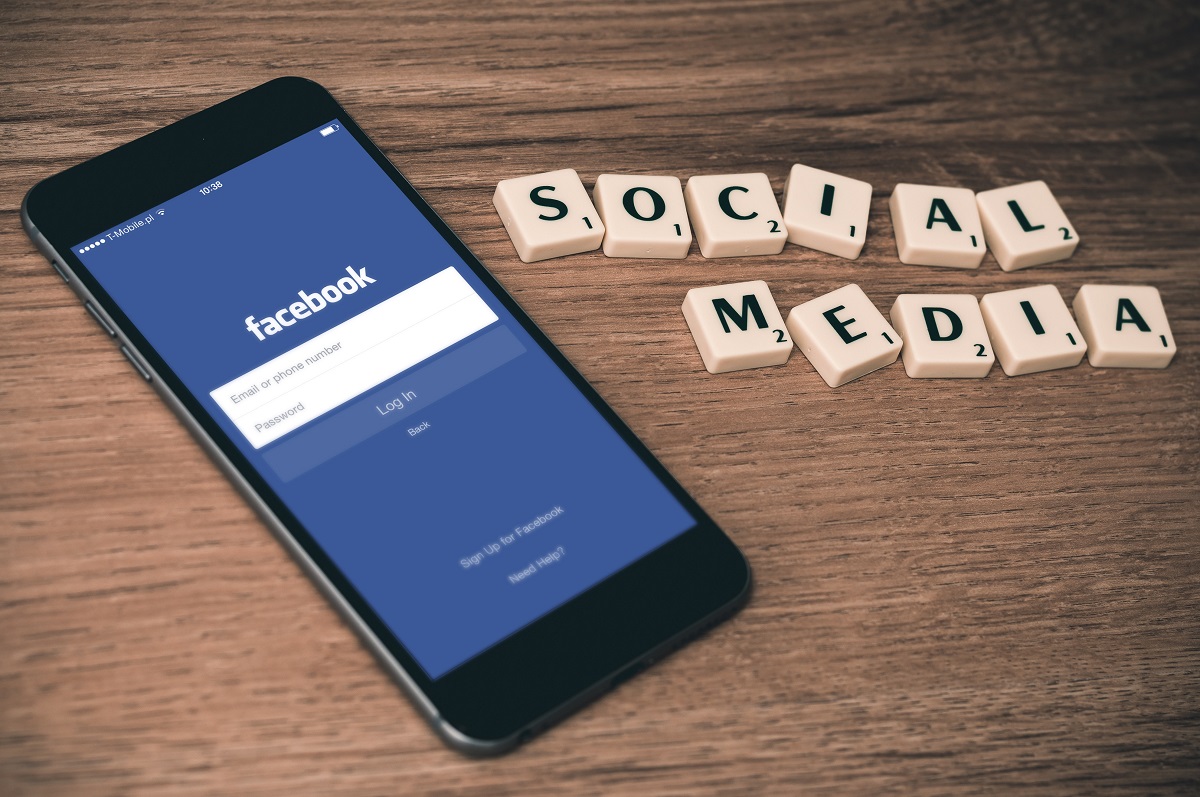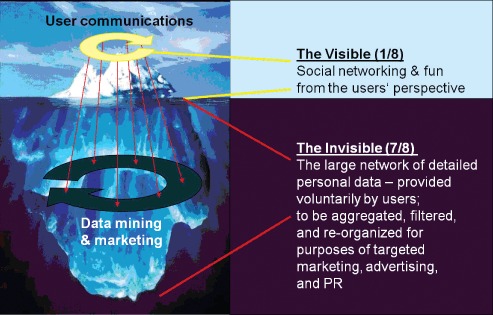
I’ve written previously about the relationship between social media and mental health, particularly the results of a 2017 report called “#StatusOfMind – Social media and young people’s mental health and wellbeing“. In short, there is growing evidence that many social media platforms – e.g. Facebook, Twitter, Instagram and Snapchat have a net negative impact on our mental health.
Even Facebook themselves have admitted that their own data suggests using the site in a passive way (i.e. just scrolling and looking at stuff) can be associated with worse mental health.
In practice, the relationship between social media use and health is a complex one. Clinically we see quite a few students who would self-describe their relationship with social media as a bit destructive, and find it difficult to disconnect – an addiction of sorts.
On the other hand though, we also see students who have diagnosed illnesses who use social media to connect with a) other people with that illness and b) the health services that they receive help from. Others, particularly international students, use it to stay in contact with loved ones. Social media, when used well, can be a powerful health tool.
Therefore classifying social media as inherently good or inherently bad is both incorrect and unhelpful. Every individual needs to reflect on their use and whether social media is a net positive, or net negative force in their lives.
Privacy as a health related issue
In recent days/weeks, Facebook has come under significant scrutiny, following reports of the unethical use of user’s data. See here for a good quick summary.
These reports reveal that what we see on the surface of Facebook (our interactions with others, news items etc) are just the tip of the iceberg.

In the background, that data (OUR data) is being used to craft and focus the marketing and advertising that we see on the site.
Now to a certain extent this is both obvious and helpful. It means the ads we are served are more relevant to us.
But it is now clear that there are more malicious and nefarious uses of that data also taking place. Perhaps not surprising, but still alarming.
Ongoing concerns about how your data is being used DOES constitute a health and wellbeing related issue in my opinion – in the same way that our confidence in the safety of our bank accounts, or private emails influences our sense of wellbeing.
What can you do about it?
I like to focus blog posts on tangible actions you can take. Thankfully, a couple of posts over at The Verge (a tech blog I read regularly) have addressed this issue, in the aftermath of recent events.
Here is what you need to do if you want to delete your Facebook account. Remember deleting your account will have some social and emotional consequences, so think this through carefully.
Here is what you need to do if you’d like to keep your Facebook account but provide as little information as possible. This is my personal choice and the one I will be following after I finish this post.
Whilst I would personally love to sit back and be oblivious to how my data is used, privacy and the use of the data we provide online, is an unavoidable topic we all need to be mindful of in this hyper-connected age.

